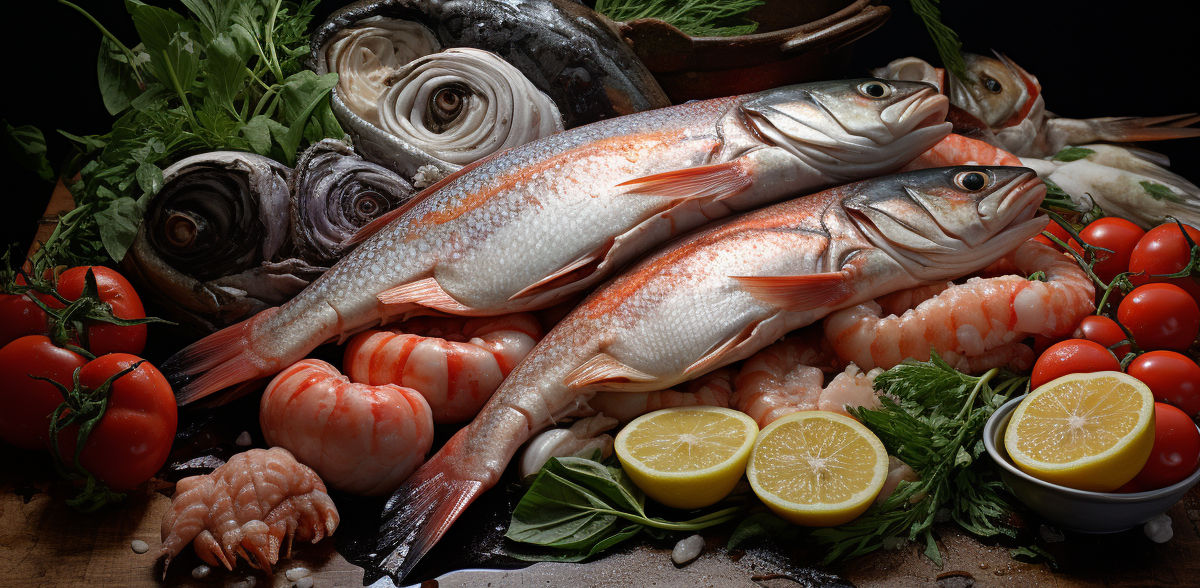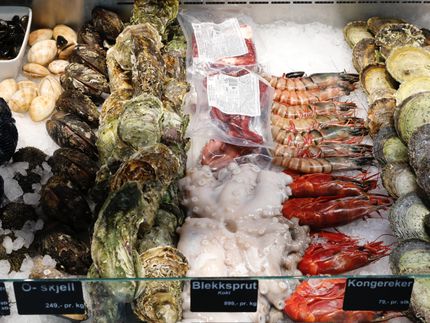Germany: High prices dampen consumer appetite for fish and seafood
The desire of German citizens for fish and seafood is clearly decreasing in the face of sharply increased prices.
"It is not surprising that the purchase volume of fish and seafood in the first half of the year (...) is 6.6 percent below the level of the same period last year," said the chairwoman of the Fish Information Center, Petra Weigl, in Hamburg on Wednesday. She added that this was a clear reaction to the 11.6 percent increase in purchase values in the same period. Altogether the purchase quantity in the first half-year sank in the comparison to the same period last year around scarcely 15,000 to scarcely 212,000 tons, at the same time the Federal citizens had to pay for it however scarcely 2.6 billion euro - and thus well 100 million euro more.
Weigl did not hold out much hope for falling prices. Although international logistics costs were no longer rising as sharply, personnel costs were climbing due to the shortage of skilled workers.
In addition, he said, most fish is traded in dollars and the weakness of the euro alone accounted for 25 percent of price increases in 2022. "We have to assume that we will continue to see at least the current price level, unfortunately," Weigl predicted.
Last year, significantly increased prices already somewhat spoiled private households' appetite for fish and seafood.
In total, they bought 434,413 metric tons of fish and seafood and spent 4.9 billion euros on it, Weigl said. That was down 11.9 percent in terms of quantity and down 9 percent in terms of money, he said.
In the second Corona year 2021, German citizens had still spent more money on fish than ever before. According to the center, a total of almost 5.4 billion euros had been paid for 493 325 tons of fish and seafood at retail. In the first Corona year 2020 had been sold according to the data even just under 12 000 tons more, but with 5.3 billion euros at a lower price.
As the favorite fish of the Germans, the Alaska pollock replaced salmon last year for the first time since 2019. This was followed by tuna, as in the previous year, according to the data. In fourth and fifth place came herring and shrimp. Trout, squid, mackerel, cod and redfish were also popular. Weigl appealed to consumers to try other types of fish, such as officer or tilapia. The managing director of the Fish Information Center, Matthias Keller, also mentioned North Sea squid or European hake.
As in the previous year, German citizens preferred to eat fish from cans and as frozen products. This was followed by crustaceans and mollusks as well as fresh fish. According to the data, almost 90 percent of these were bought in discounters or supermarkets.
Fish stores only accounted for about 4.4 percent of the goods.
Most fish was traditionally eaten in the north of the country. The people of Bremen, for example, with a per capita consumption of 6.6 kilograms, replaced the people of Schleswig-Holstein in first place with a consumption of 6.5 kilograms. This was followed by Hamburg and Mecklenburg-Western Pomerania with 6.0 kilograms each.
In last place, as in the previous year, was Baden-Württemberg with 4.8 kilograms of fish per capita. The national average was 5.6 kilograms - 700 grams less than the year before.
Weigl put the total volume of fish and seafood consumed in Germany last year at a good two million tons.
After deducting exports, for example, a good one million tons were consumed in the Federal Republic in 2022, which according to estimates means 13.7 kilograms per capita. The year before, the figure was 13.5 kilograms.
Fish and seafood are the sources of animal protein for human nutrition with the lowest climate impact, emphasized the chairwoman of the Fish Information Center. In this respect, they should be more present in the debate on nutrition policy - a demand to which the environmental organization WWF has no sympathy. Its fisheries expert Karoline Schacht said more than a third of wild fish stocks are considered overfished and that locally produced fish has also become a rarity. "WWF generally recommends enjoying fish as a rare delicacy."/klm/DP/jha (dpa)
Note: This article has been translated using a computer system without human intervention. LUMITOS offers these automatic translations to present a wider range of current news. Since this article has been translated with automatic translation, it is possible that it contains errors in vocabulary, syntax or grammar. The original article in German can be found here.
































































